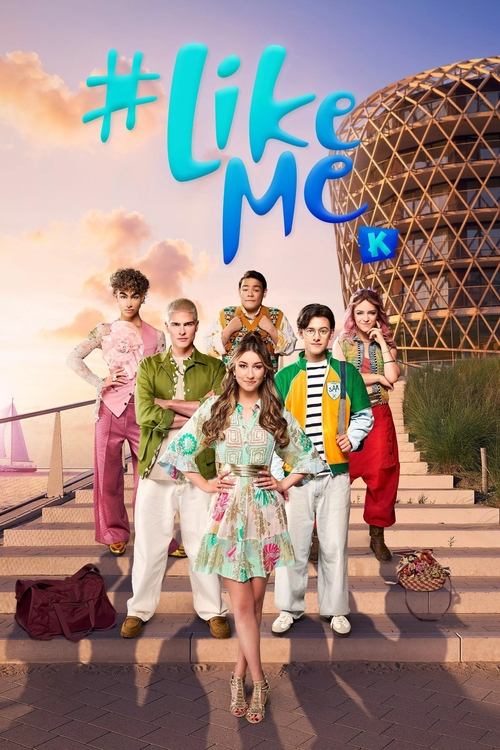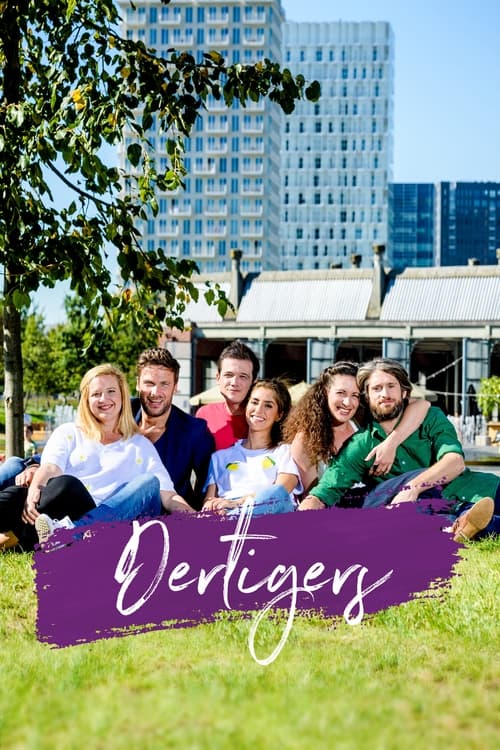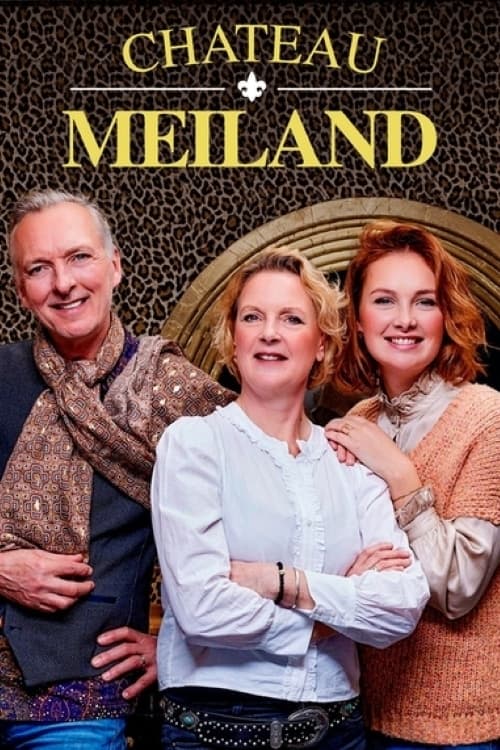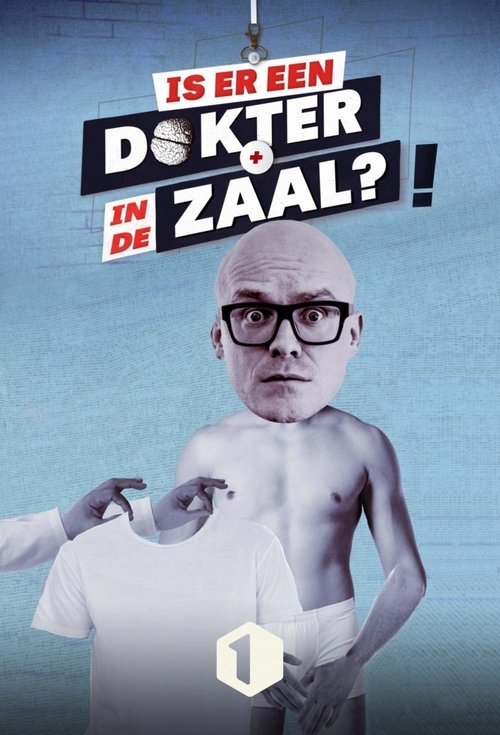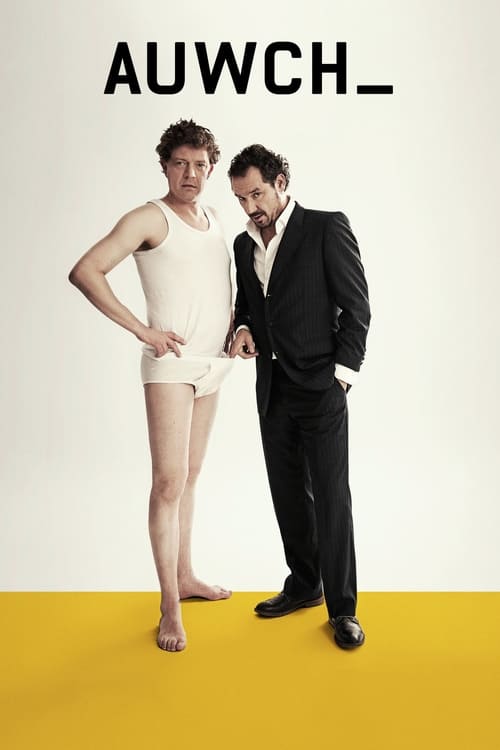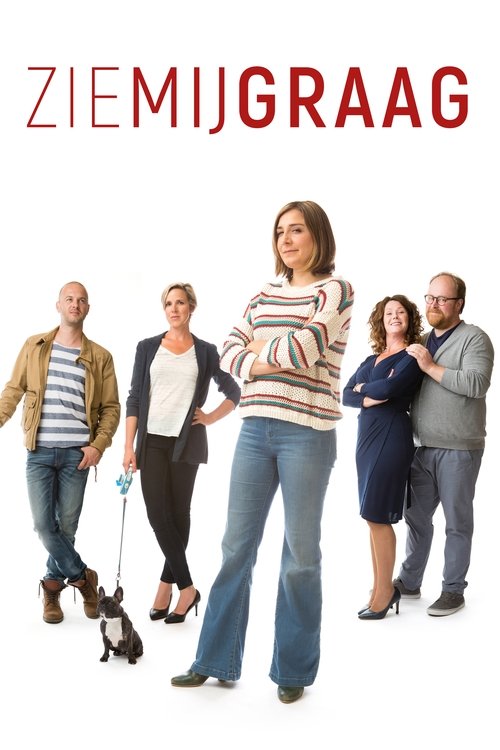
Ask Your Own Question
What is the plot?
In the opening scene of "Episode 11," the camera pans over the bustling streets of the city as the sun rises, casting a warm glow on the Ludwig family mansion. Inside, tensions are palpable as the family gathers for breakfast. The atmosphere is thick with unspoken words, particularly between patriarch Heinrich and his daughter, Clara, who has been grappling with her recent decision to pursue a career in art rather than follow the family business. Clara's internal conflict is evident as she fidgets with her toast, avoiding eye contact with her father, who is visibly disappointed.
As breakfast concludes, Heinrich receives a phone call that disrupts the already tense mood. It's a business associate informing him of a potential crisis involving one of their major investments. Heinrich's demeanor shifts from disappointment to urgency as he quickly gathers his briefcase and heads out, leaving the family in a state of uncertainty. Clara, feeling the weight of her father's expectations, decides to confront him about her career choice, but he is already gone.
The scene transitions to Clara in her art studio, where she is surrounded by her unfinished paintings. She is interrupted by her best friend, Lena, who encourages her to follow her passion despite her father's disapproval. Clara expresses her fears about disappointing her family, particularly Heinrich, who has always envisioned her taking over the family business. Lena urges Clara to stand up for herself, igniting a spark of determination within her.
Meanwhile, Heinrich meets with his business partner, Klaus, at a high-end restaurant. They discuss the investment crisis, which involves a potential scandal that could tarnish their family name. Klaus suggests a cover-up, but Heinrich is torn between protecting the family's reputation and doing what is morally right. His internal struggle is evident as he weighs the consequences of each option, ultimately deciding to confront the issue head-on rather than hide it.
Back at the mansion, Clara receives a call from a local gallery interested in showcasing her work. Excited yet anxious, she shares the news with her mother, Ingrid, who is supportive but also concerned about how Heinrich will react. Ingrid encourages Clara to pursue this opportunity as a way to assert her independence. Clara's resolve strengthens as she prepares for her meeting with the gallery owner, visualizing a future where she can balance her passion with her family's expectations.
The narrative shifts back to Heinrich, who is in a meeting with Klaus and other stakeholders. Tensions rise as they discuss the fallout from the investment scandal. Heinrich's frustration boils over when he realizes that Klaus is more concerned about profits than ethics. He makes a bold decision to publicly address the issue, risking his reputation but feeling it is the right thing to do. This decision marks a turning point for Heinrich, as he begins to prioritize integrity over family legacy.
As Clara prepares for her gallery meeting, she experiences a moment of self-doubt. She reflects on her father's expectations and the weight of the family name. However, with Lena's encouragement, she decides to embrace her identity as an artist. The scene captures her emotional transformation as she dons her favorite outfit, symbolizing her readiness to step into her own light.
The gallery meeting unfolds with Clara presenting her artwork to the owner, who is impressed by her unique style and emotional depth. Clara feels a rush of validation as she discusses her inspirations and the stories behind her pieces. The owner expresses interest in showcasing her work, and Clara's excitement is palpable. This moment serves as a significant milestone in her journey toward self-acceptance and independence.
Meanwhile, Heinrich's public address regarding the investment scandal is broadcasted live. He speaks candidly about the challenges the family faces and the importance of transparency. The response from the public is mixed, with some praising his honesty while others criticize him for jeopardizing the family's business. Heinrich's vulnerability is on full display as he grapples with the fallout, feeling both proud of his decision and anxious about the future.
As the episode progresses, Clara returns home, eager to share her news with her family. However, she finds Heinrich in a somber mood, reflecting on the backlash from his address. Clara hesitates but ultimately decides to reveal her gallery opportunity. The conversation becomes heated as Heinrich expresses his concerns about her career choice, fearing it will lead to instability. Clara, fueled by her recent experiences, stands her ground, asserting her desire to pursue art. The emotional confrontation highlights the generational clash between their aspirations.
The episode culminates in a powerful moment where both Clara and Heinrich realize the importance of understanding each other's perspectives. Clara's determination to follow her passion clashes with Heinrich's protective instincts, but they both begin to see the value in each other's choices. The scene ends with a tentative truce, as they agree to support one another, albeit with lingering tensions.
In the final moments, the camera zooms out from the Ludwig mansion, capturing the complex dynamics of the family as they navigate their individual paths. The episode closes with a sense of unresolved tension, leaving viewers eager to see how Clara and Heinrich will continue to reconcile their differences in the future.
What is the ending?
In the ending of "De Ludwigs," Season 2, Episode 11, the family faces a critical turning point as they confront their internal conflicts and external pressures. The episode culminates in a dramatic family meeting where secrets are revealed, leading to a resolution of long-standing tensions. Each character finds a path forward, with some reconciling their differences while others choose to part ways, setting the stage for new beginnings.
As the episode unfolds, the scene opens in the family's grand living room, where the atmosphere is thick with tension. The camera pans across the faces of the Ludwigs, capturing their anxious expressions. The eldest son, Felix, stands at the center, his brow furrowed as he prepares to address the family. He takes a deep breath, his internal struggle evident as he grapples with the weight of his words.
"It's time we face the truth," he declares, his voice steady but laced with emotion. The family members exchange glances, a mix of apprehension and curiosity. Felix reveals a secret he has kept for years--his desire to pursue a career outside the family business, a revelation that shocks everyone. The camera zooms in on his mother, Ingrid, whose face reflects a blend of disappointment and understanding.
Next, the scene shifts to the youngest daughter, Clara, who has been quietly observing. She finally speaks up, her voice trembling but resolute. "We can't keep pretending everything is fine," she asserts, her eyes glistening with unshed tears. Clara's admission resonates with the family, prompting a wave of confessions. Each character shares their struggles, from financial pressures to personal aspirations, creating a cathartic moment of vulnerability.
As the family continues to open up, the scene transitions to a montage of their interactions. The camera captures moments of laughter and tears, highlighting the complexity of their relationships. Felix and Ingrid share a poignant moment, where she expresses her fears of losing him but ultimately supports his decision. The warmth of their embrace signifies a shift in their dynamic, suggesting a newfound understanding.
Meanwhile, the tension between Clara and her older brother, Max, comes to a head. Max, who has always felt overshadowed by Felix, confronts him about his choices. Their argument escalates, but ultimately leads to a heartfelt reconciliation. The scene is charged with emotion as they embrace, symbolizing their commitment to support one another despite their differences.
The episode concludes with the family gathered around the dinner table, a stark contrast to the earlier tension. They share a meal, laughter filling the air as they reminisce about their shared memories. The camera captures the warmth of the moment, emphasizing the theme of unity despite adversity.
As the credits roll, viewers see glimpses of each character's future. Felix embarks on his new career path, Clara pursues her passion for art, and Max takes on a leadership role in the family business, showcasing their growth and resilience. Ingrid, now more supportive than ever, finds joy in her children's successes, embodying the strength of a mother's love.
In this final scene, the Ludwigs emerge not just as a family bound by blood, but as individuals who have learned to embrace their true selves, setting the stage for a hopeful future.
Is there a post-credit scene?
In "De Ludwigs" Season 2, Episode 11, there is indeed a post-credit scene that adds an intriguing layer to the episode's conclusion.
As the credits roll, the screen fades back in to reveal a dimly lit room filled with shadows. The camera slowly pans across the space, revealing a large, ornate mirror that reflects the room's opulence but also hints at something darker lurking beneath the surface.
In the foreground, we see a figure standing with their back to the camera, their silhouette framed by the flickering light of a single candle. The figure is dressed in a lavish gown, reminiscent of the high-society fashion that characterizes the Ludwigs' world. As the figure turns slightly, the viewer catches a glimpse of a familiar face--it's one of the main characters, grappling with a mix of emotions.
Their expression is a blend of determination and uncertainty, suggesting they are on the brink of a significant decision. The character speaks softly to themselves, reflecting on the events that have transpired throughout the season, revealing their internal conflict and the weight of their choices.
The scene then shifts focus to the mirror, where the reflection shows not just the character but also fleeting images of past moments from the season--betrayals, alliances, and pivotal decisions. This visual montage serves as a haunting reminder of the consequences of their actions and the tangled web of relationships that define their lives.
As the scene draws to a close, the character reaches out to touch the mirror's surface, their fingers brushing against it as if trying to connect with the past. The candle flickers violently, casting eerie shadows, and just before the screen fades to black, the character whispers a single word that encapsulates their turmoil, leaving viewers with a sense of anticipation for what lies ahead in the next season.
This post-credit scene effectively sets the stage for future developments, deepening the emotional stakes and hinting at unresolved tensions that will carry into the next chapter of the Ludwigs' saga.
How does the character of Max evolve in this episode?
Max experiences significant growth in Episode 11 as he grapples with feelings of inadequacy and the pressure to prove himself to his family. His journey leads him to take a stand during the neighborhood conflict, revealing his emerging sense of responsibility and maturity.
What conflict arises between the Ludwigs and their neighbors in this episode?
In Episode 11, tensions escalate between the Ludwigs and their neighbors over a property dispute that leads to a series of misunderstandings and comedic confrontations. The Ludwigs' attempts to resolve the issue are met with resistance, showcasing their determination and the lengths they will go to protect their home.
What role does humor play in the resolution of the episode's main conflict?
Humor is pivotal in Episode 11 as the Ludwigs employ their characteristic wit to diffuse the escalating tensions with their neighbors. Comedic misunderstandings and slapstick moments ultimately lead to a lighthearted resolution, reinforcing the theme of community and the importance of laughter in overcoming challenges.
How does the relationship between Anna and her father develop in this episode?
In this episode, Anna and her father share a heartfelt moment that deepens their bond. As they navigate the neighborhood conflict together, Anna's father reveals his vulnerabilities, allowing Anna to step into a more supportive role, which strengthens their relationship and showcases the evolving dynamics within the family.
What unexpected twist occurs during the neighborhood meeting?
During the neighborhood meeting, an unexpected twist occurs when a long-lost family member of the Ludwigs shows up, claiming to have a stake in the property dispute. This revelation not only complicates the situation but also adds layers of intrigue and humor, as the family must navigate the implications of this surprise guest.
Is this family friendly?
"De Ludwigs," season 2, episode 11, contains several elements that may be considered objectionable or upsetting for children or sensitive viewers.
-
Family Conflict: The episode features intense family dynamics, including arguments and emotional confrontations that may be distressing for younger viewers.
-
Themes of Betrayal: There are moments that explore feelings of betrayal and mistrust among family members, which could be unsettling.
-
Emotional Vulnerability: Characters experience significant emotional turmoil, including sadness and frustration, which may resonate deeply and evoke strong feelings.
-
Mature Situations: Some scenes may touch on adult themes or situations that are not suitable for children, requiring a level of maturity to fully understand the implications.
-
Tension and Suspense: The episode builds tension through dramatic moments that could be anxiety-inducing for sensitive viewers.
These aspects may warrant parental guidance for younger audiences or those who are particularly sensitive to emotional or familial conflict.








